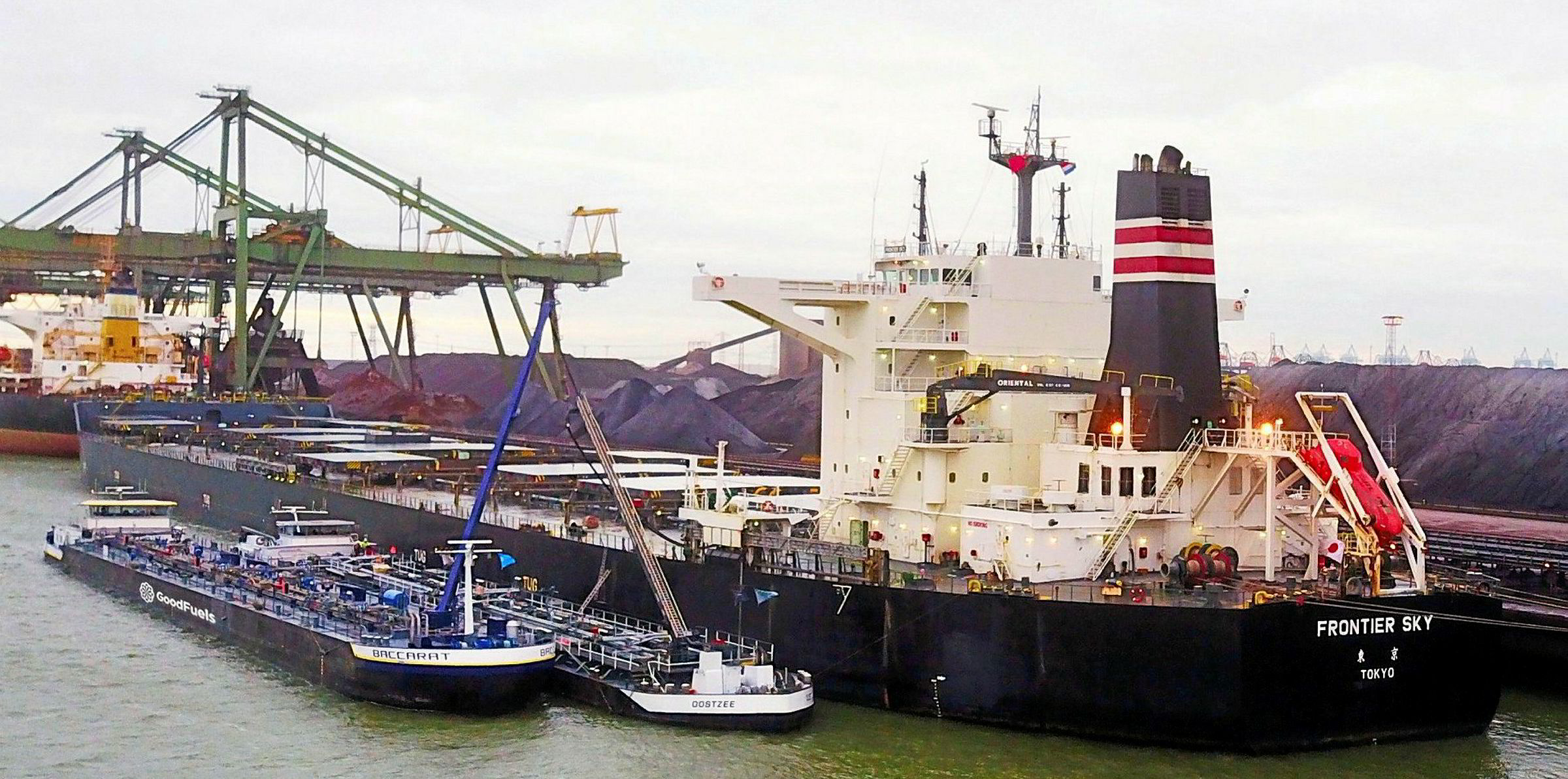Euronav chief executive Hugo de Stoop believes ammonia and hydrogen have already won the race to be shipping's fuels of the future.
The Belgian tanker company's boss favours the two green energy sources over LNG.
De Stoop told the S&P Global Platts news agency: "The winners have already been decided and that is going to be either hydrogen or ammonia.
"The only problem we have is that we don't know when it's going to be ready and available."
De Stoop is backing those fuels for vessels carrying out longer voyages of between 40 and 100 days.
"The world produces a certain amount of ammonia. It uses fertiliser, but the way it is produced is brown, meaning that we’re using energy to use it, which is coming from fossil fuel," he said.
"It’s a little bit ridiculous to be proud" to use ammonia or hydrogen if this is the situation."
But the fuels can be produced using renewable electricity sources, De Stoop said.
LNG is a risk
The CEO has reservations over LNG use due to the methane slip associated with LNG carriers.
Such emissions have increased recently and there is a risk of this trend continuing in the future if shipping moves to LNG-powered ships, according to the Climate Bonds Initiative (CBI), a non-profit organisation that runs a certification scheme for so-called climate bonds.
De Stoop said: "We all order LNG and then five years later, someone finally admits that is polluting more because we have not been able to solve the leakage problem, and everybody goes back to square one."
S&P Global Platts Analytics has said alternative shipping fuels remain in their infancy and will take significant time to replace oil, however.
The company is forecasting non-petroleum marine fuels will account for 11% of total bunker demand by 2040. Almost all of this will comprise natural gas-based fuels.
"Alternative fuels are likely to be only one of a range of carbon reduction strategies employed by major shippers, with the others being improved fuel burn efficiency rates - most famously slow steaming, but also direct carbon capture, biofuels, batteries, fuel-efficient lubricants, and LNG bunkering," S&P Global Platts Analytics said.






